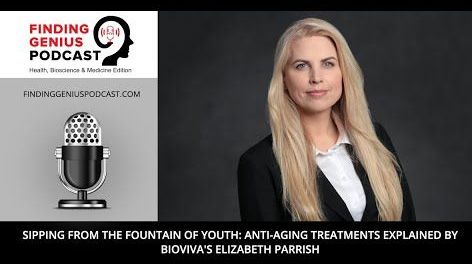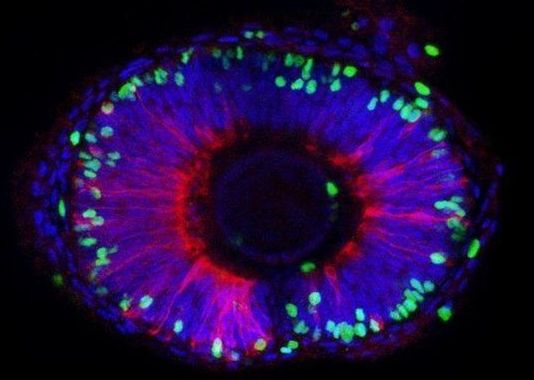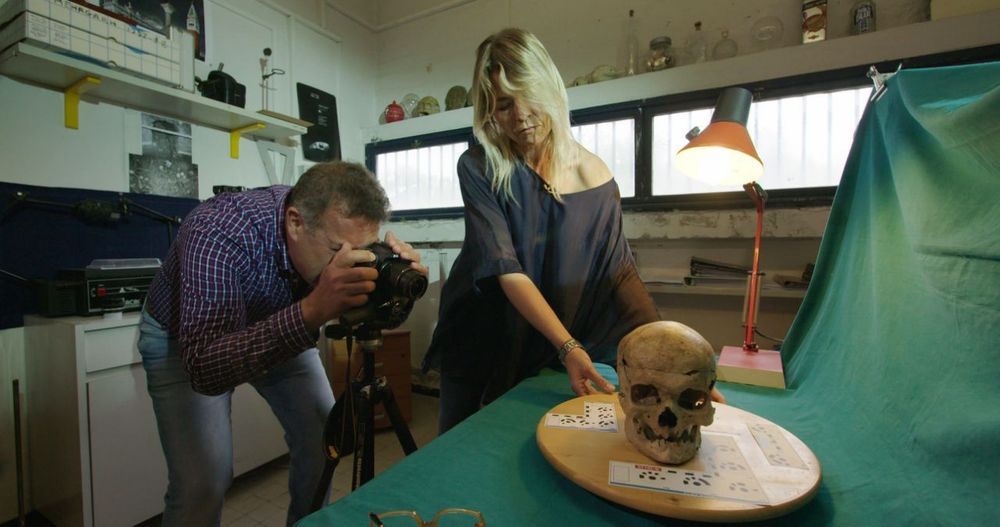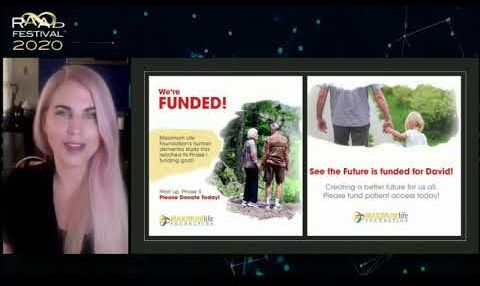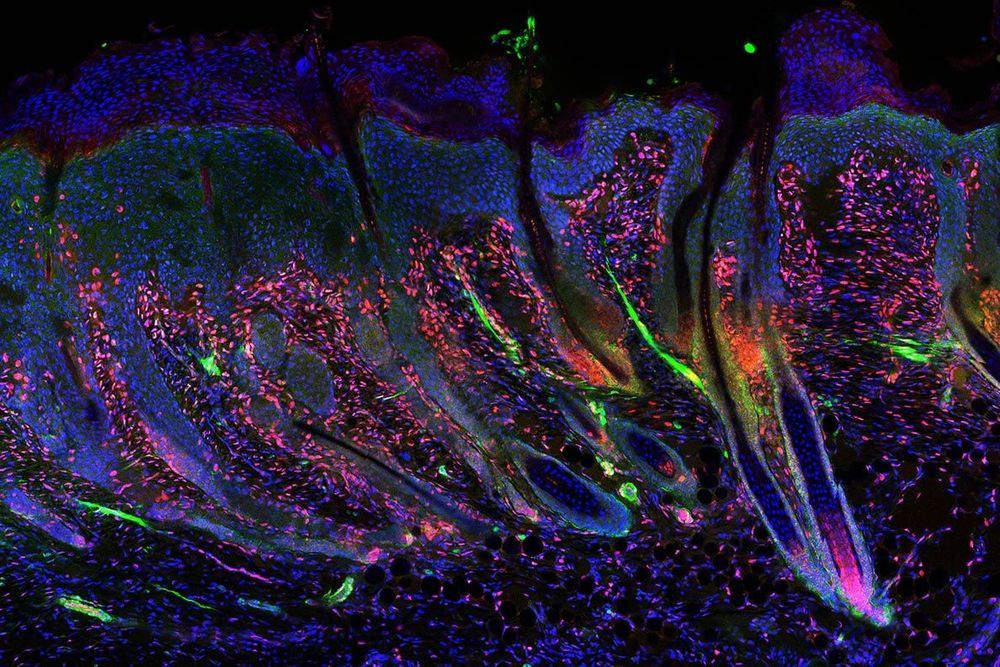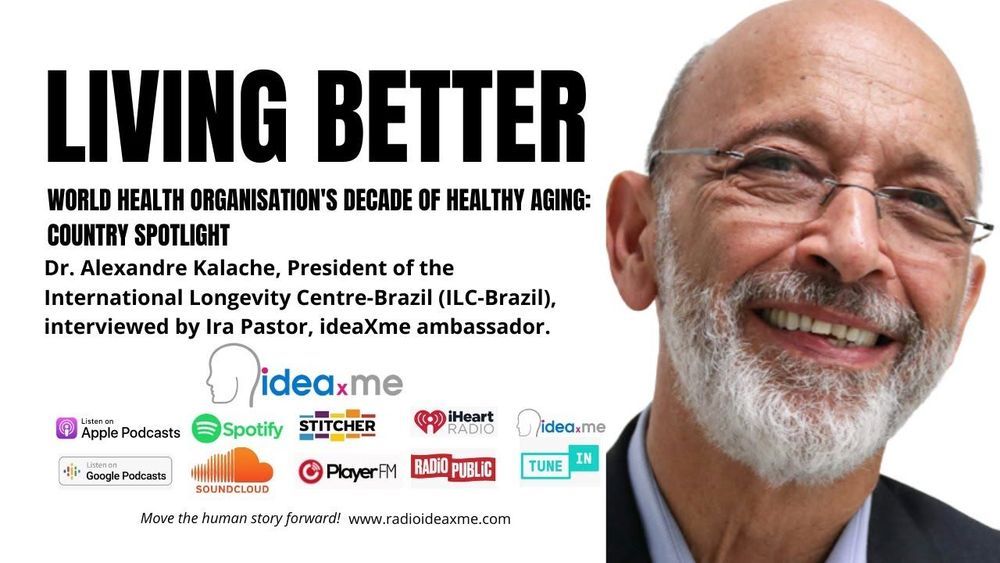
For many, getting older can unfortunately mean an increased risk of illness from cardiovascular disease to cancer. University of Michigan scientists are actively researching the biological underpinnings of aging with the aim of developing interventions that could potentially help people live longer, healthier lives.
A new paper in the journal Science Advances describes the discovery of several promising small molecules that appear to reduce cellular stress in mouse skin cells and could lengthen life.
“Cellular stress resistance appears to be a common feature of long-lived organisms, such as invertebrates and mice,” says the paper’s lead author David Lombard, M.D., Ph.D., associate professor of pathology. Lombard is part of a multidisciplinary group at U-M’s Paul F. Glenn Center for Aging. Recent research from colleague and fellow study author Richard Miller, M.D., Ph.D., found several promising drugs, including rapamycin, a cancer drug, and acarbose, a diabetes drug, that extended life in mice.
